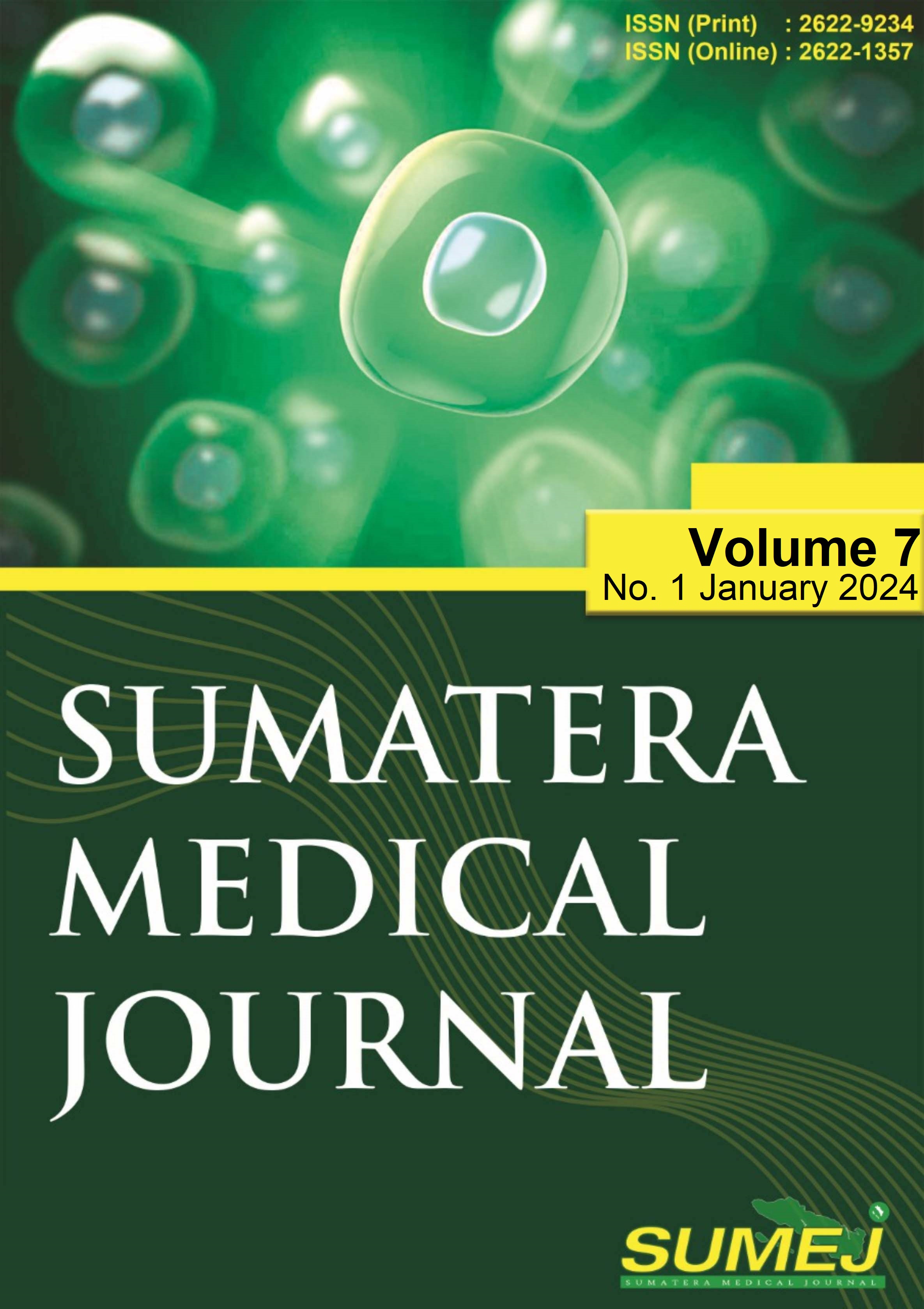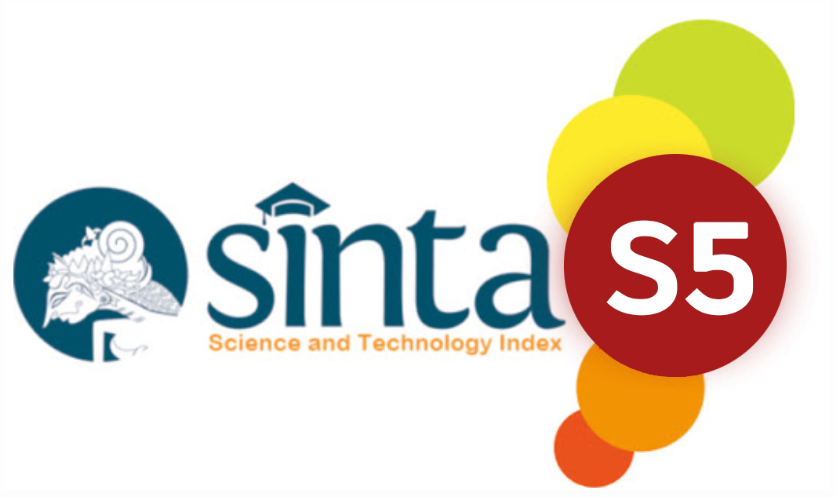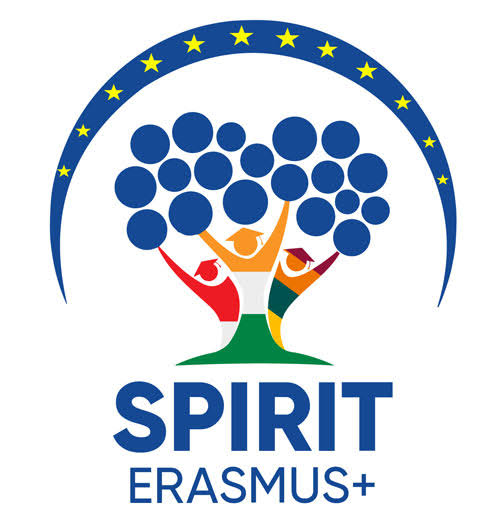Herbal Therapies in Cancer Patients: Managing Side Effects and Improving Quality of Life
DOI:
https://doi.org/10.32734/sumej.v7i1.14603Keywords:
cancer, herbs, phytochemicals, signalling, tumorsAbstract
Background: As conventional cancer treatments often induce a myriad of adverse effects, ranging from nausea and fatigue to pain and emotional distress, the integration of herbal therapies has gained attention as a potential complementary approach. Objective: The review synthesizes existing literature, drawing upon both preclinical and clinical studies, to evaluate the efficacy and safety of various herbs in alleviating common side effects associated with cancer therapies. Methods: This review article employs a narrative review approach, systematically collecting and analyzing findings from preclinical and clinical studies. Results: Special emphasis is placed on the potential benefits of herbal interventions in addressing physical symptoms, such as nausea and pain, as well as psychological and emotional challenges faced by cancer patients. Furthermore, the review explores the mechanisms of action behind these herbal interventions and potential synergies with conventional treatments. Conclusion: By providing a critical analysis of the current state of knowledge, this review aims to guide healthcare professionals, researchers, and patients in making informed decisions regarding the integration of herbal therapies into cancer care, ultimately improving the supportive care and quality of life for individuals undergoing cancer treatment.
Downloads
References
Pradhan D, Biswasroy P, Sahu A, Sahu DK, Ghosh G, & Rath G. Recent advances in herbal nanomedicines for cancer treatment. Current Molecular Pharmacology. 2021;14(3):292–305.
Shoaib S, Ansari MA, Fatease AA, Safhi AY, Hani U, Jahan R, et al. Plant-Derived Bioactive Compounds in the Management of Neurodegenerative Disorders: Challenges, Future Directions and Molecular Mechanisms Involved in Neuroprotection. Pharmaceutics. 2023;15(3):749.
Lucaciu RL, Hangan AC, Sevastre B, & Oprean LS. Metallo-drugs in cancer therapy: Past, present and future. Molecules. 2022;27(19):6485.
Langeh U, Kumar V, Singh C, & Singh A. Drug-herb combination therapy in cancer management. Molecular Biology Reports. 2022;49(11):11009–24.
Singh D, & Siddique HR. Targeting metabolism with herbal therapy: A preventative approach toward cancer. In Herbal Medicines, Academic Press. 2022:557–78.
Li K, Xiao K, Zhu S, Wang Y, & Wang W. Chinese herbal medicine for primary liver cancer therapy: Perspectives and challenges. Frontiers in Pharmacology. 2022;13:889799.
Yin SY, Wei WC, Jian FY, & Yang NS. Therapeutic applications of herbal medicines for cancer patients. Evidence-based complementary and alternative medicine: eCAM. 2013:302426.
Yamamoto S, Sobue T, Kobayashi M, Sasaki S, & Tsugane S. Soy, isoflavones, and breast cancer risk in Japan. Journal of the national cancer institute. 2003;95(12):906–13.
Yu J, Bi X, Yu B, & Chen D. Isoflavones: anti-inflammatory benefit and possible caveats. Nutrients. 2016;8(6):361.
Ma S, Wang C, Bai J, Wang X, & Li C. Association of tea consumption and the risk of thyroid cancer: a meta-analysis. International Journal of Clinical and Experimental Medicine. 2015;8(8):14345.
Mavrikou S, Tsekouras V, Karageorgou MA, Moschopoulou G, & Kintzios S. Anticancer and biochemical effects of Viscum album L. protein extracts on HeLa cells. Plant Cell, Tissue and Organ Culture (PCTOC). 2020;140:369–78.
Kim S, Kim N, Jeong J, Lee S, Kim W, Ko SG, & Kim B. Anti-cancer effect of Panax ginseng and its metabolites: from traditional medicine to modern drug discovery. Processes. 2021;9(8):1344.
Yadav B, Bajaj A, Saxena M, & Saxena AK. In vitro anticancer activity of the root, stem and leaves of Withania somnifera against various human cancer cell lines. Indian journal of pharmaceutical sciences. 2010;72(5):659.
Prasad S, & Tyagi AK. Ginger and its constituents: role in prevention and treatment of gastrointestinal cancer. Gastroenterology research and practice. 2015:142979.
Downloads
Published
How to Cite
Issue
Section
License
Copyright (c) 2024 Sumatera Medical Journal

This work is licensed under a Creative Commons Attribution-ShareAlike 4.0 International License.
The Authors submitting a manuscript do so on the understanding that if accepted for publication, copyright of the article shall be assigned to Sumatera Medical Journal (SUMEJ) and Faculty of Medicine as well as TALENTA Publisher Universitas Sumatera Utara as publisher of the journal.
Copyright encompasses exclusive rights to reproduce and deliver the article in all form and media. The reproduction of any part of this journal, its storage in databases and its transmission by any form or media, will be allowed only with a written permission from Sumatera Medical Journal (SUMEJ).
The Copyright Transfer Form can be downloaded here.
The copyright form should be signed originally and sent to the Editorial Office in the form of original mail or scanned document.











